In a Culture of Screen Fixation, A Nature Study “Breaks Ground”
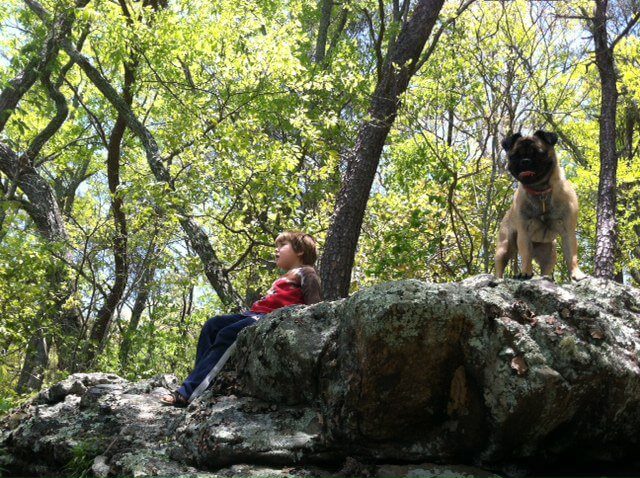
Stress-Relief the Old Fashioned Way: Nature Immersion
It's no longer just a hippie trope to “chill out” in nature. Indeed, recent evidence from a new nature study shows that the stress hormone cortisol significantly decreases when you go the way of Thoreau. More to the point, your body and mind remember how to relax when you breathe fresh air and get your senses out-of-doors. Enter, the "nature pill."
For some of us, the idea that proof is needed for this borders on plain silly. Of course nature reduces stress. On the other hand, eighty percent of Americans live in cities. For this reason, many city folk may feel less familiar gazing at a forest glade than at a forest of traffic lights. Even so, anyone who's ever visited a waterfall or a quiet lake at dusk knows nature melts away stress like nothing else.
Nonetheless, in the age of virtual reality and Facebook, it's clear that we need reminders to get outside and smell the actual flowers. And I'm not talking about just the ones in Minecraft. By the way, did you know there's a video game based on Thoreau's Walden Pond that mimics the experience of going out into nature? Clearly, we live in a strange time of simulations and sensory abstractions. Perhaps this is the reason for the urgency of the recent nature study.
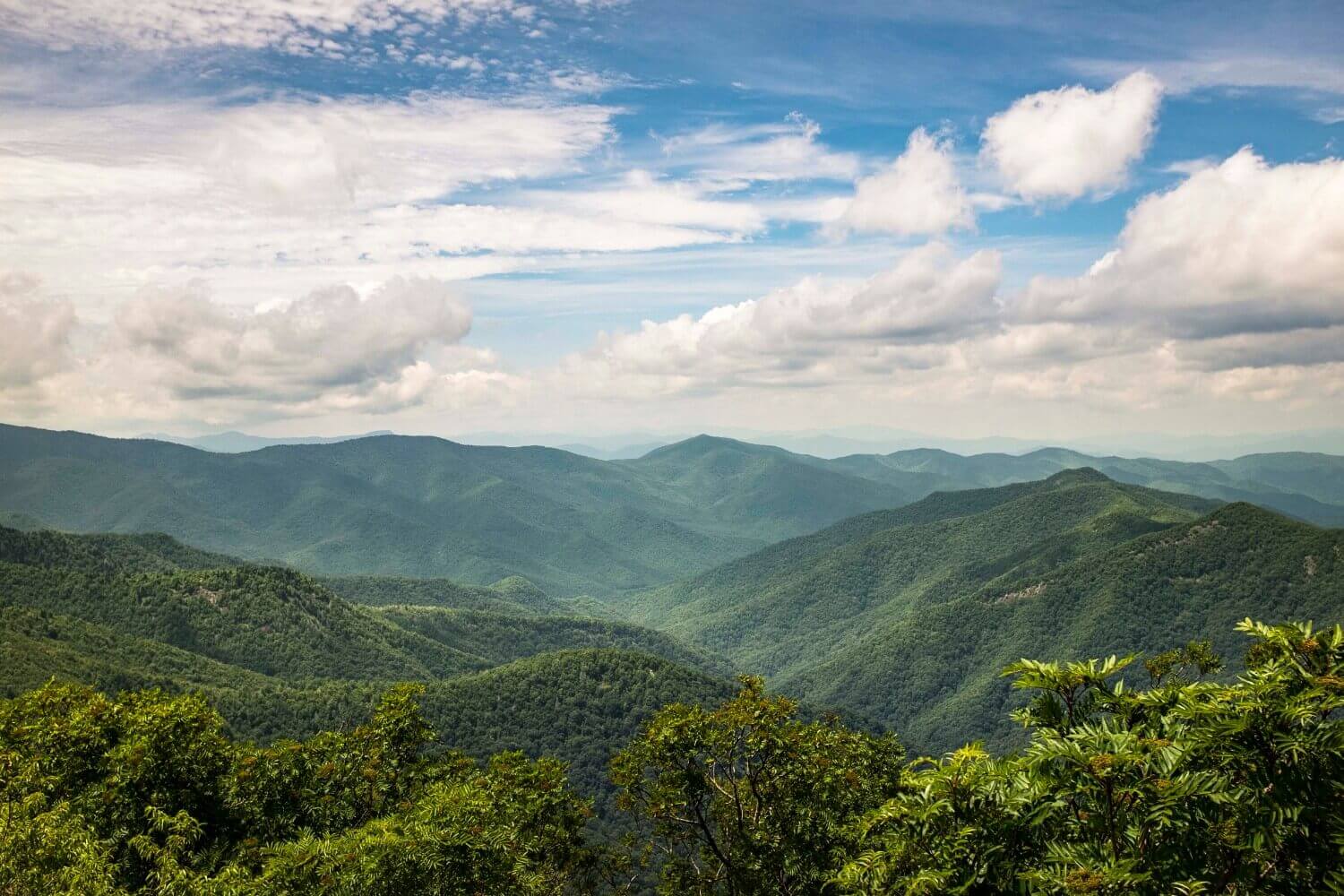
Forests Over Pharmaceuticals
Obvious or not, scientists can now say with certainty that taking at least twenty minutes a day in nature will lower your level of stress hormones. The term "nature pill" has begun trending across social media. In the interim, healthcare professionals are quick to prescribe doses of hiking and bird-watching. Surprisingly, many doctors enjoy offering this safe, free solution to their stressed-out patients because they know it has a measurable effect. Doctors love hard evidence. Moreover, nature prescriptions now may be less likely to elicit eye-rolling from some of their skeptical patients. In this light, nature pills seem especially promising.
Published in Frontiers In Psychology on April 6th, 2019, the study created excitement for proponents of natural medicine and doctors alike. Meanwhile, lead author of the study and associate professor at the University of Michigan Dr. Mary Carol Hunter said to Frontiers in Psychology of the results, "We know that spending time in nature reduces stress, but until now it was unclear how much is enough, how often to do it, or even what kind of nature experience will benefit us."
As society grows ever more dependent on screens for work and entertainment, and urban centers continue to expand, she hoped the study would help get people out into nature more often. Dr. Hunter continued, "Our study shows that for the greatest payoff, in terms of efficiently lowering levels of the stress hormone cortisol, you should spend twenty to thirty minutes sitting or walking in a place that provides you with a sense of nature."
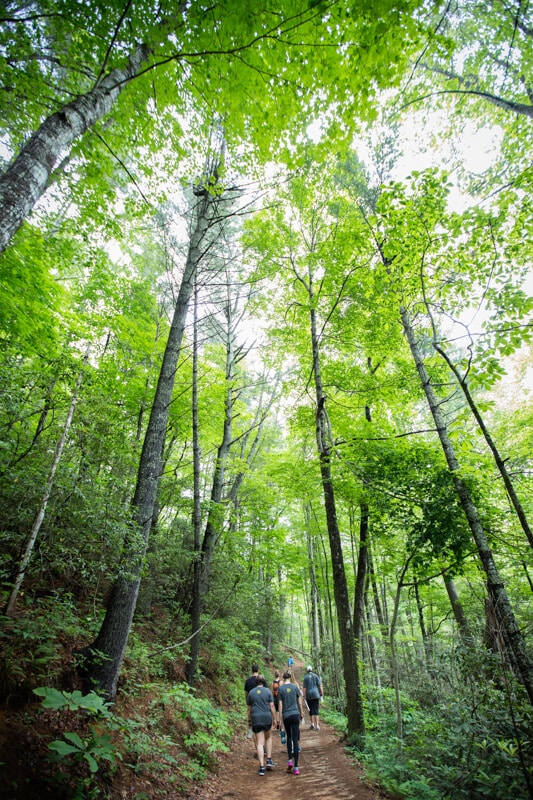
A green, living prescription
The team of researchers designed this study so that they could offer an effective natural alternative to people who seek stress-relief. First off, they developed an experiment that would give a realistic estimate of how often nature immersion could serve as an effective treatment for stress. After that, participants were asked to avoid engaging in social media, phone calls, exercise, reading or conversations during their nature immersion to control for other factors. Lastly, they were instructed to choose any time of day, place, or duration of their nature experience, as long as it felt like a place where they were connecting with nature.
Overall, the participants of the eight-week study took a "nature pill" for at least ten minutes or more, at least three times a week. Consequently, the researchers measured the stress hormone cortisol from saliva samples taken before and after their nature experience.
"Building personal flexibility into the experiment, allowed us to identify the optimal duration of a nature pill, no matter when or where it is taken, and under the normal circumstances of modern life, with its unpredictability and hectic scheduling," Hunter explained. The study was also designed to take into account the participants day-to-day differences in stress levels by taking four tests of the cortisol change after immersion.
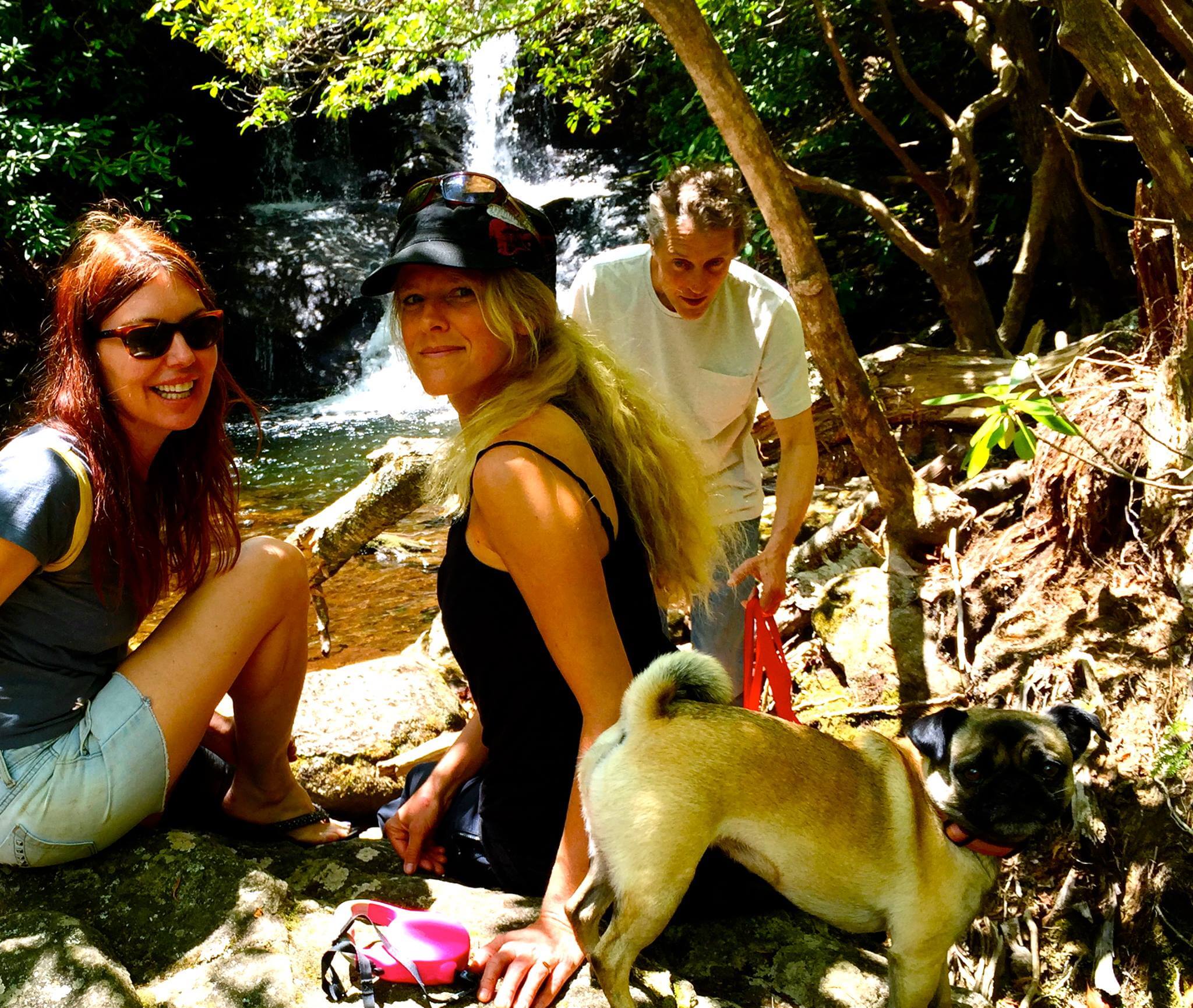
Nature vs. nurture
Ultimately, the data revealed the magic number of twenty minutes. In other words, this amount of time, three times per week would be satisfactory for reducing cortisol levels. Additionally, the study showed that with half an hour spent in nature, cortisol levels dropped at an even higher rate. After that, additional cortisol levels continued to decline, yet at a slower pace.
"Healthcare practitioners can use our results as an evidence-based rule of thumb on what to put in a nature-pill prescription," Dr. Hunter maintained. "It provides the first estimates of how nature experiences impact stress levels in the context of normal daily life. It breaks new ground by addressing some of the complexities of measuring an effective dose of nature."
Above all, Dr. Hunter is thrilled to offer this clear evidence of the efficacy of a nature prescription to healthcare professionals. As these results inspire more scientists, she hopes that additional research will be conducted. With these, she hopes that more nuanced nature prescriptions might emerge. "Our experimental approach can be used as a tool to assess how age, gender, seasonality, physical ability and culture influences the effectiveness of nature experiences on well-being. This will allow customized nature pill prescriptions, as well as a deeper insight on how to design cities and well-being programs for the public."
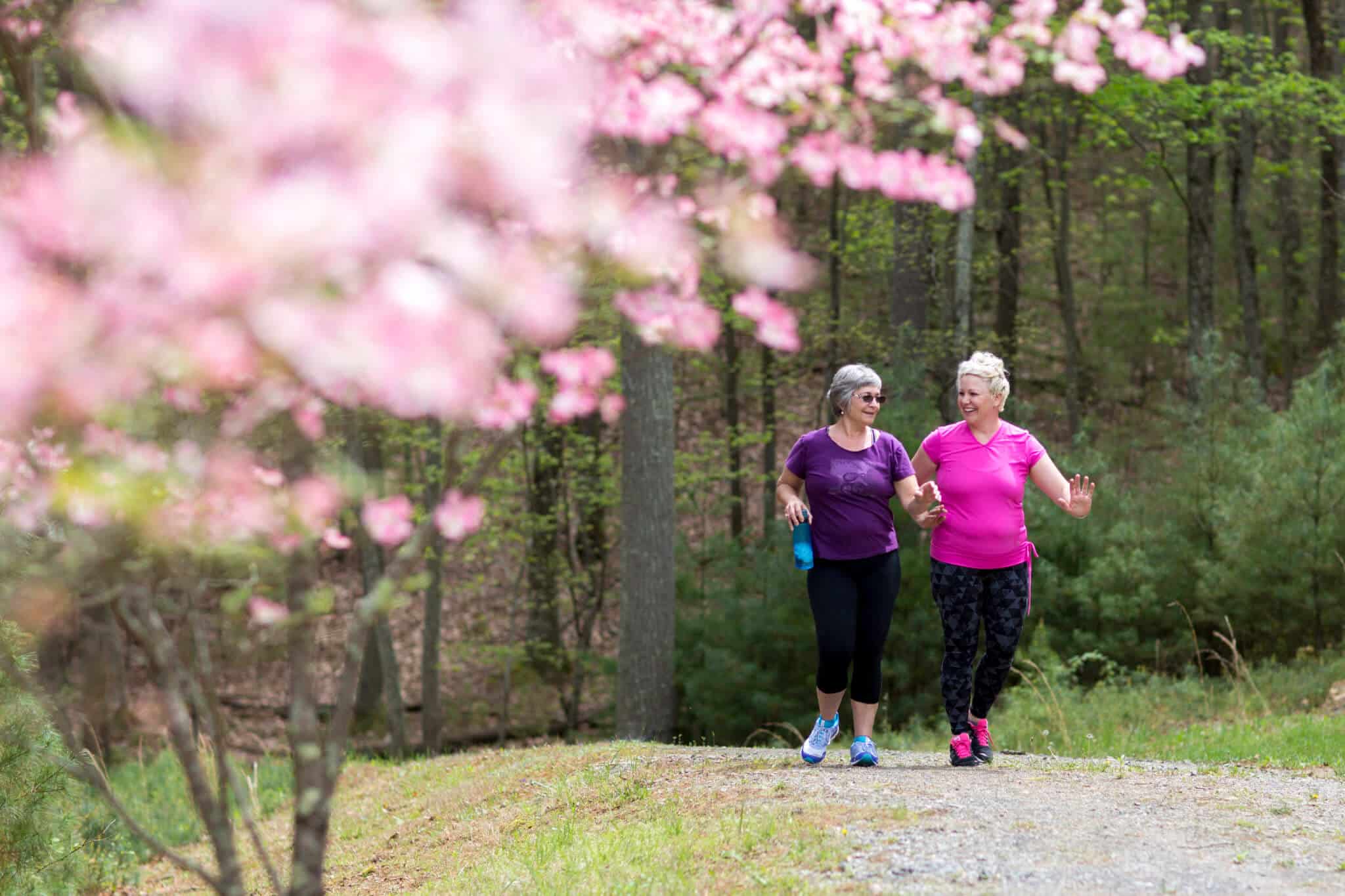
Another way Skyterra leans into science to inform the program.
There are a lot of health retreats out there, and many of them include nature experiences. Yet, few include nature to the extent of Skyterra Wellness Retreat. For example, every day of the program, guests receive opportunities for nature-oriented fitness and adventure. Skyterra's founders chose a particular location because of its abundant forests, waterfalls, and trails. Guests regularly hike to waterfalls, stroll out to the bee meadow to observe the bees gathering nectar, or sit at the lake meditating. Besides these, paddle boarding and flyfishing are popular activities in the warmer months.
In fact, nature is a central element of the Skyterra experience. Since stress-management is at the heart of the program, it makes sense that guests report a deep feeling of calm and relaxation throughout their stays. We knew nature played an essential role in the guests' ability to relax and let go of stress. Somehow, it's gratifying to know there's not only an intuitive explanation but also a scientific one.
